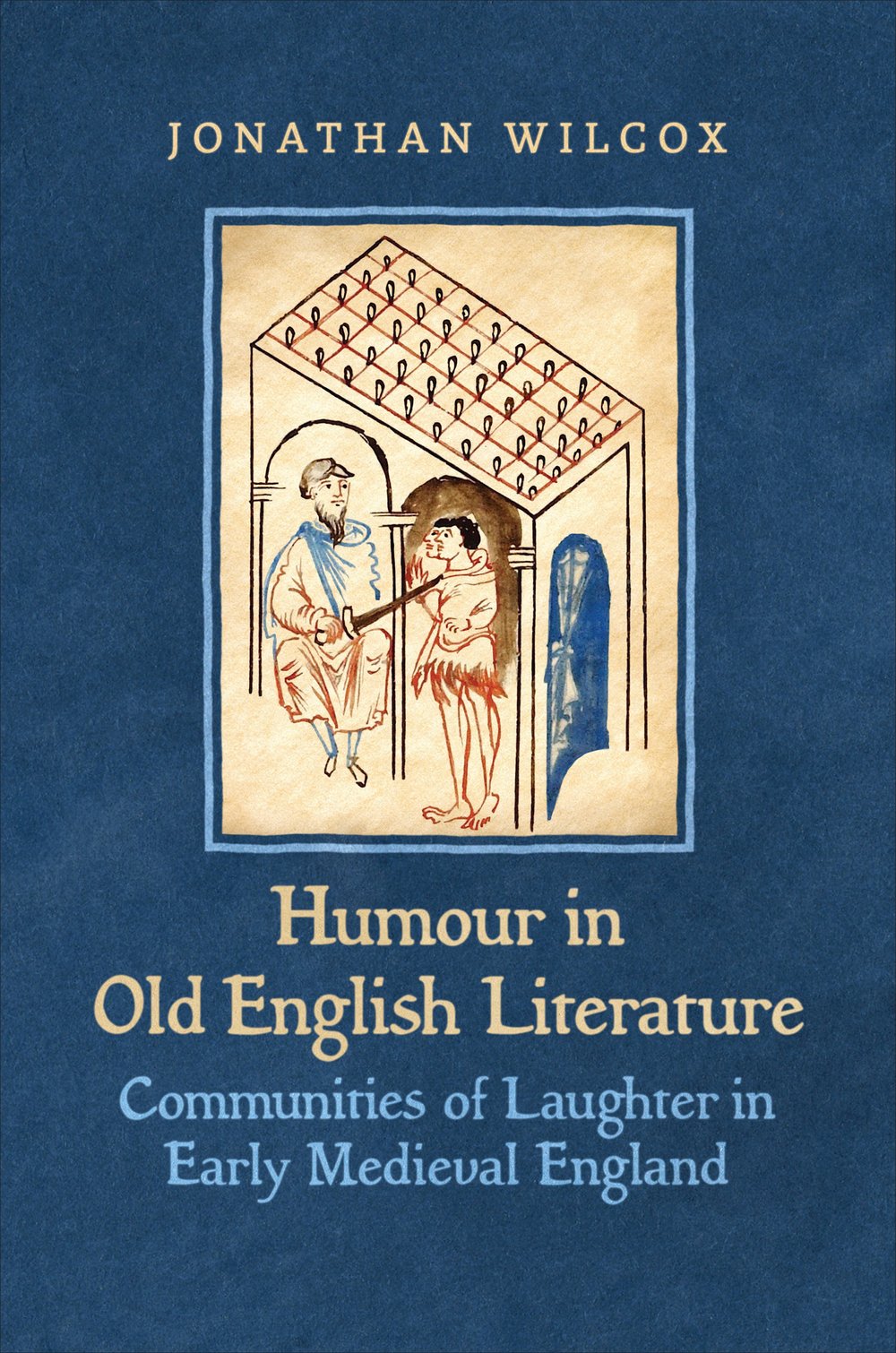Humour in Old English Literature
Communities of Laughter in Early Medieval England

This book explores the technique and significance of humour in Old English literature, including riddles, rhymes, the heroic, the hagiographic and more.
Humour in Old English Literature deploys modern theories of humour to explore the style and content of surviving writing from early medieval England. The book analyses Old English riddles, wisdom literature, runic writing, the deployment of rhymes, and humour in heroic poetry, hagiography and romance.
Drawing on a fine-tuned understanding of literary technique, the book presents a revisionist view of Old English literature, partly by reclaiming often-neglected texts and partly by uncovering ironies and embarrassments within well-established works, including Beowulf. Most surprisingly, Jonathan Wilcox engages the large body of didactic literature, pinpointing humour in two anonymous homilies along with extensive use in saints' lives. Each chapter ends by revealing a different audience that would have shared in the laughter.
Wilcox suggests that the humour of Old English literature has been scantily covered in past scholarship because modern readers expect a dour and serious corpus. Humour in Old English Literature aims to break that cycle by highlighting works and moments that are as entertaining now as they were then.

Jonathan Wilcox is a professor of English at the University of Iowa.
